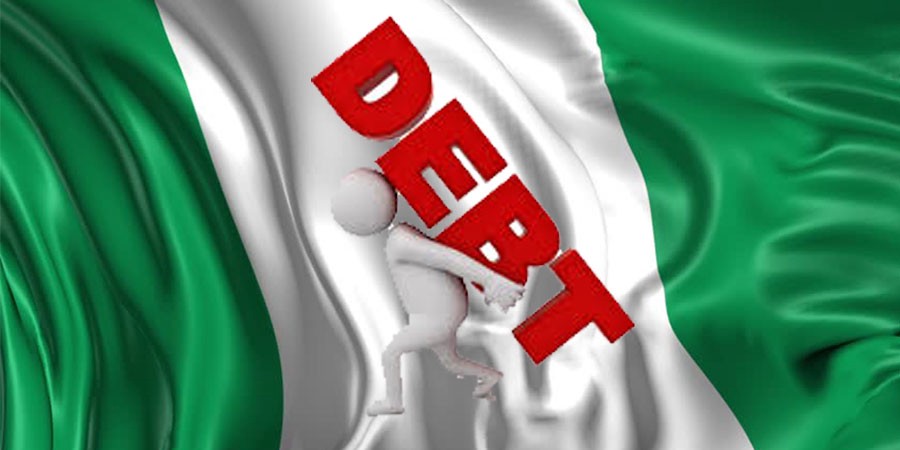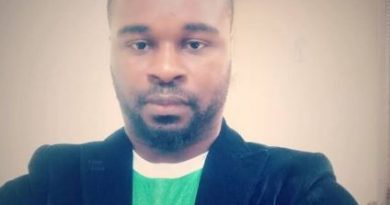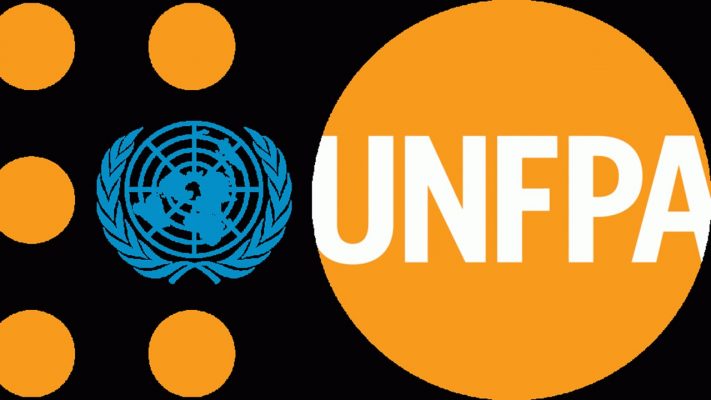Lagos, Delta, Ogun Lead States With Highest Domestic Debts
The domestic debt owed by state governments and the Federal Capital Territory administration rose to N5.33tn as of the end of December 2022.
The sub-national domestic debt stock was N4.46tn by the end of 2021, which means it rose by N870bn within one year.
The latest figures released by the Debt Management Office indicated that Lagos State recorded the highest domestic debt as of the end of Q4 2022 with N807.21bn; this was followed by Delta State with N304.25bn and Ogun State with N270.45bn.
On the other hand, the lowest debt was recorded by Jigawa State with N43.95bn, followed by Kebbi State and Katsina State with N61.31bn and N62.37bn, respectively.
In the states’ debt profile breakdown, Abia, Adamawa, Akwa Ibom and Anambra owed N103.7bn, N124bn, N219.2bn and N77.4bn, respectively, while Bauchi, Bayelsa, Benue, Borno borrowed N143.6bn, N146.3bn, N141.3bn, N96.1bn respectively.
Other debtor states are Cross-River; N197.2bn, Ebonyi; N76.4bn, Edo; N110.5bn, Ekiti; N117.1, Enugu; N91.8bn, Gombe; N139.3bn, Imo; N204.2bn, Kaduna; N83.3bn, Kano; N122.3bn, Kogi; N93.6bn, Kwara; N109.3bn, Nasarawa; N71.4bn, Niger; 95.5bn, Ondo; N77.1bn, Osun; N148.3bn.
READ MORE: Nigeria’s Debt Profile Hit N46.25trn
Oyo, Plateau, Sokoto, Taraba, Yobe, Zamfara and FCT had N161.1bn, N149bn, N90.5bn, N87.9bn, N90.7bn, N112.1bn and N81bn respectively.
However, according to the DMO, the domestic debt stock for Rivers State was as of September 30, 2021, and figures for Katsina and Taraba states were as of September 30, 2022.
Reacting in an earlier interview, the Director, Centre for the Promotion of Private Enterprise, Muda Yusuf, said the rising debt profile of the government raised serious sustainability concerns.
He said, “The government tends to argue that the condition was not a debt problem, but a revenue challenge; the truth is that debt becomes a problem if the revenue base is not strong enough to service the debt sustainably.
“It invariably becomes a debt problem and possibly a debt crisis. The government’s actual revenue can hardly cover the recurrent budget, which implies that the entire capital budget and part of the recurrent expenditure are being funded from borrowing. This is surely not sustainable.”
The letter further observed that all governors were advised to prioritise the meeting as its contents had been discussed at the NGF emergency meeting of Thursday, March, 30, where it was unanimously agreed that a meeting with the afore-mentioned agencies was imperative.





